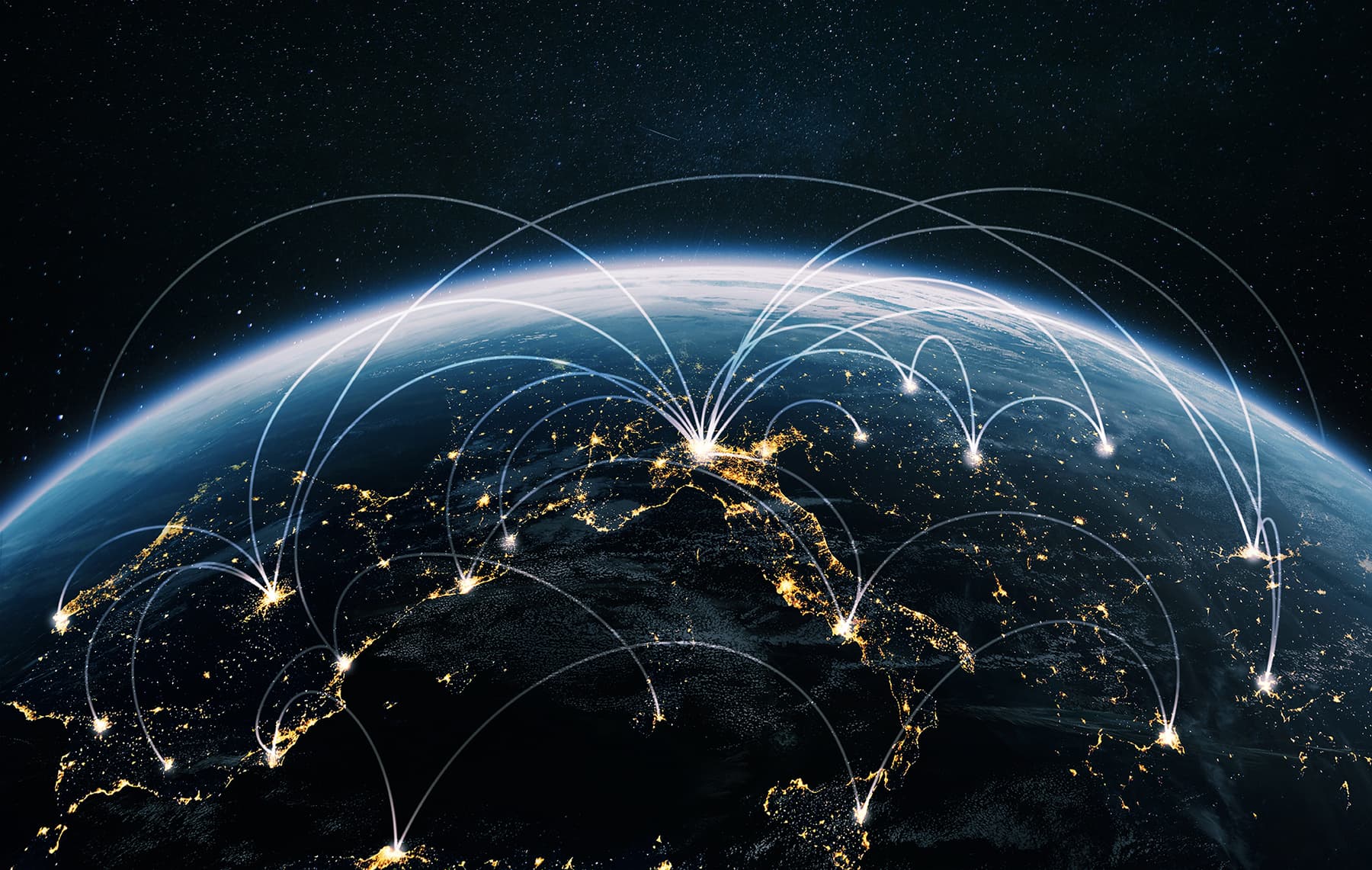Intelligence Analysis
Geo-Targeted Cyber Sanctions Targeting Businesses Likely to Reshape Global Operations
28 OCT 2025
/
2 min read

Key Takeaways:
- Geo-targeted cyber sanctions are measures that limit companies' access to digital tools and data in specific regions, used to protect critical infrastructure and strategic interest; they can also be used to dominance in an emerging market.
- Major governments' expanded use of geo-targeted cyber sanctions will likely raise operational risks for multinational businesses making cross-border operations less predictable.
- Multinational businesses should carefully examine regional dependencies and stay up to date on the evolving sanctions to ensure seamless operations.
In recent years, geo-targeted cyber sanctions have raised compliance requirements for multinational companies; governments employ these measures to protect their strategic interests and critical infrastructure, which creates new operational mandates for firms with international activities. International businesses are finding access to digital systems, including cloud services, to be more regulated and restricted. Such restrictions underline the importance of multinational businesses carefully examining regional dependencies and maintaining contingency plans to ensure seamless operations.
Recent Cyber Sanction Timeline
- August 2024: the US sanctioned around 400 individuals and entities across 17 countries for supplying advanced technology to Russia. These actions required companies to reassess their relationships with third-party vendors, update their compliance programs to mitigate potential compliance risks, and take other similar actions.
- March 2025: the US sanctioned a Chinese cyber firm for activities affecting networks across North America, Europe, Africa, and Asia. The measure demonstrates the operational challenge of ensuring that international business activities are secure and compliant when working with partners, vendors, customers, and other relevant stakeholders.
- September 2025: China sanctioned six US defense and technology companies, citing alleged military-technical concerns with Taiwan. The measure limited their ability to trade and operate within Chinese markets.
The prevalence of geo-targeted cyber sanctions is prompting businesses to adjust their risk management strategies. Some firms have invested in modular cloud deployments in multiple jurisdictions and decentralized data storage to keep systems running. Other companies are relying on flexible contractual terms, widening supplier networks, improving compliance frameworks, and improving local partnerships to manage disparate local regulations. To secure their operations and prevent inadvertent violations of law, businesses should ensure adequate investments in basic measures, such as endpoint protection and secure communications, to secure their operations and prevent inadvertent law violations.
Recommendations
- Diversify supply chains geographically, reducing dependencies on single vendors to maintain business continuity.
- Account for updates to sanctions lists, export controls, and similar requirements from major governments.
- Proactively run realistic scenario analyses for sudden restrictions or enforcement actions when planning operations.
- Enhance employee training in compliance and cybersecurity practices.
- Conduct regular internal and third-party audits as required.
The expanded use of geo-targeted cyber sanctions will increasingly affect how multinational businesses operate internationally, especially in the critical infrastructure sectors. Firms that approach these challenges methodically and proactively will be better able to operate effectively worldwide.
Learn more about leveraging our industry-leading regional and subject matter experts for insights that help your organization proactively mitigate risks to your people and operations.
Related
Tags
Sharpen your
view of risk
Subscribe to our newsletter to receive our analysts’ latest insights in your inbox every week.
Intelligence & Insights
Intelligence
Worth Gathering
Employing a team of 200+ analysts around the world, Crisis24 is the only source you need for on-point, actionable insights on any risk-related topic.

Intelligence Analysis
Mozambique LNG Restart Faces Elevated Security Risks amid Persistent Insurgent Threats
As LNG operations resume in northern Mozambique, persistent insurgent activity underscores the need for robust security and risk mitigation.
By Crisis24 Africa Analysts and GardaWorld Information Services
January 27, 2026

Intelligence Analysis
Space-Based Supply-Chain Vulnerabilities Create Emerging Operational Risks
Increased reliance on satellites is changing how global supply chains work, improving efficiency, but also creating risks from signal problems, cyberattacks, and geopolitical tensions.
January 21, 2026

Case Study
How to Recover After an Active Assailant Incident
See how Crisis24 helps organizations recover after active assailant incidents through trauma care, continuity planning, and resilience-building. Learn more.
By Graeme Hudson
January 20, 2026

Intelligence Analysis
Ongoing Health Sector Strikes in Ukraine are Straining Care Delivery Amid Rising Winter Health Threats
Attacks on Ukraine’s health sector continue to disrupt essential services and severely strain healthcare systems, placing patients and health workers, particularly in frontline regions, at heightened risk.
By Robyn Mazriel
January 12, 2026



